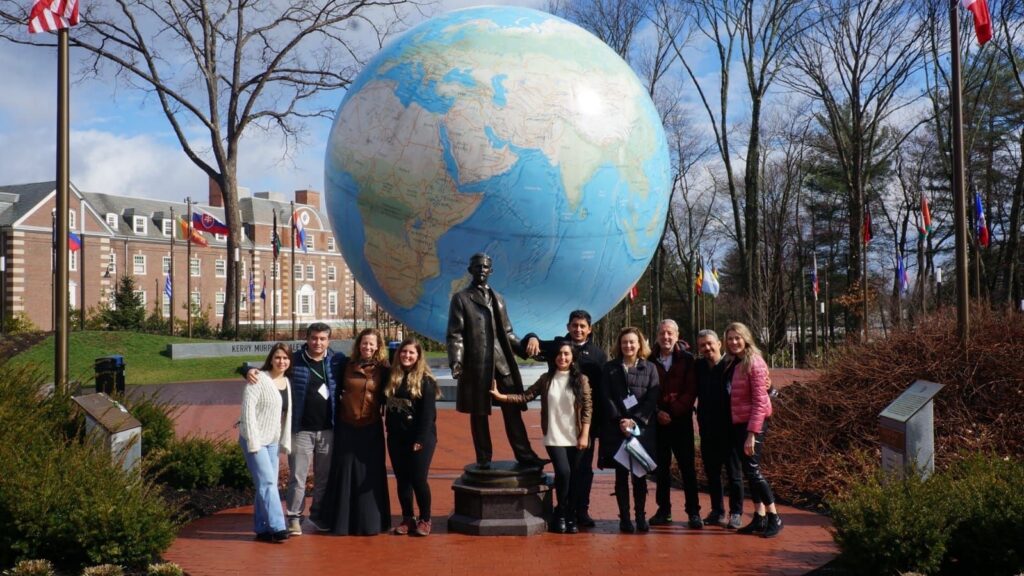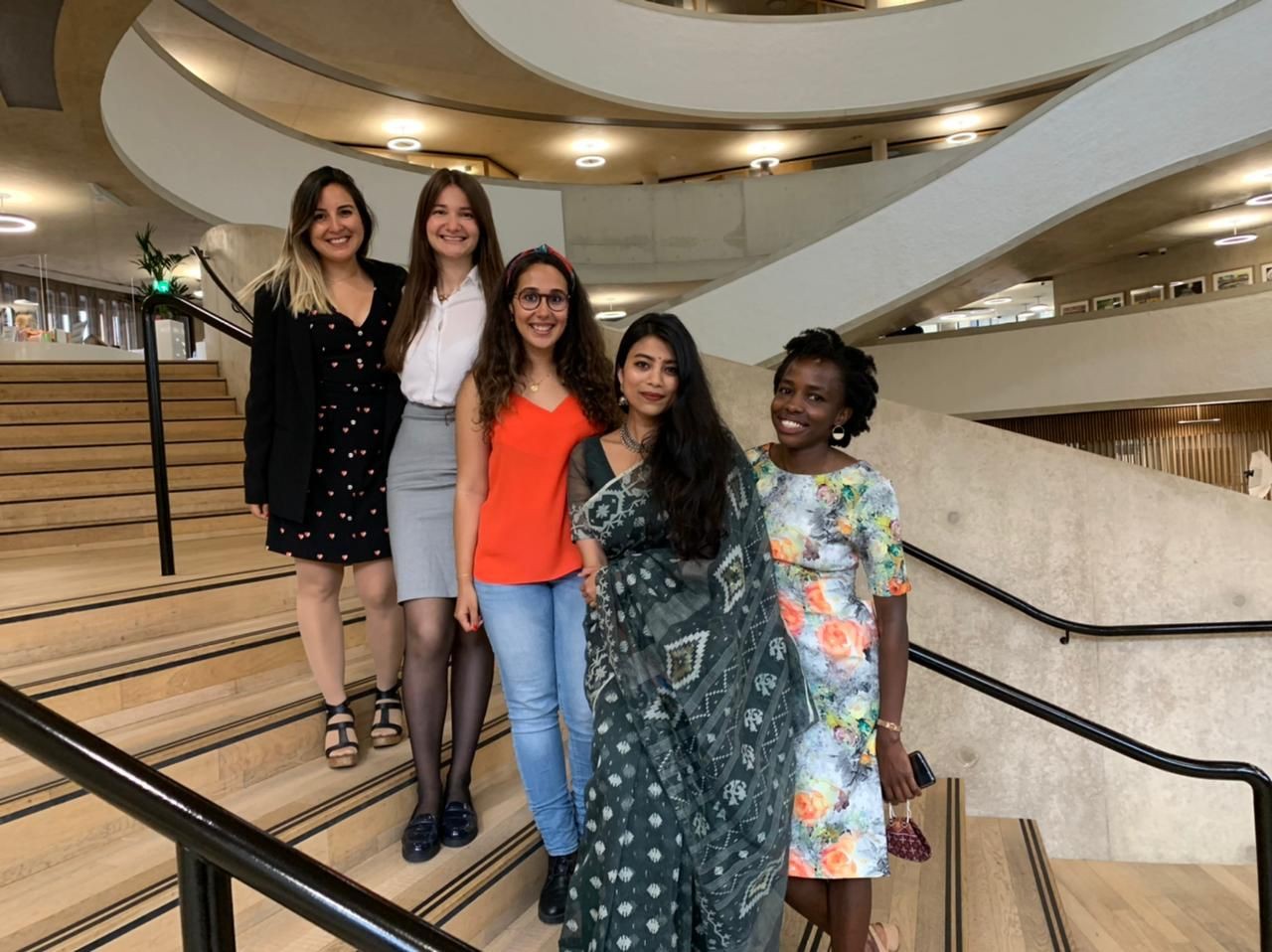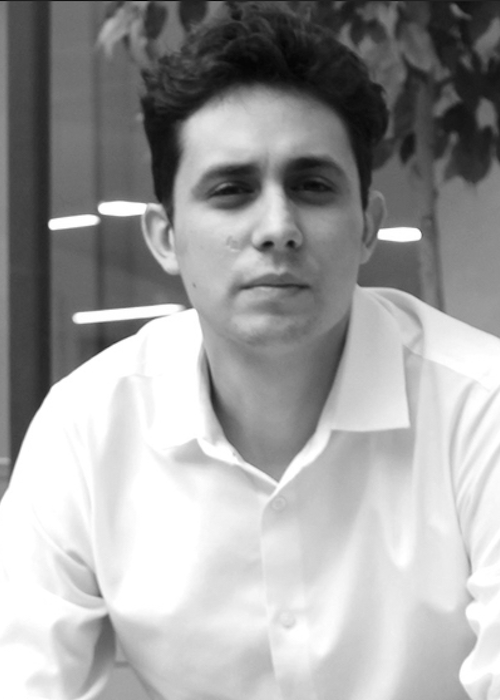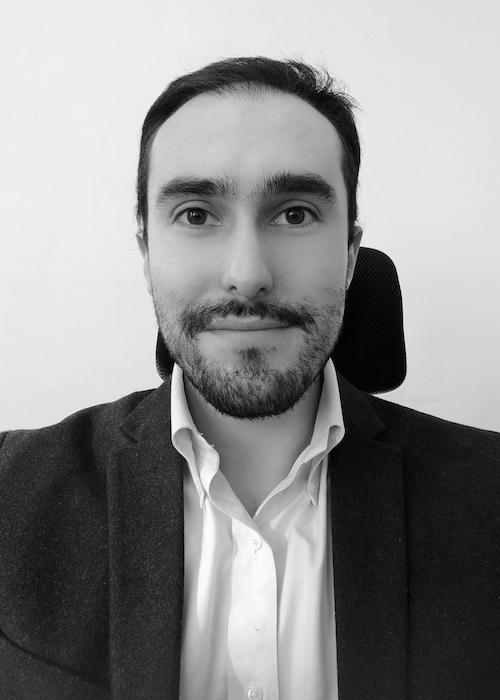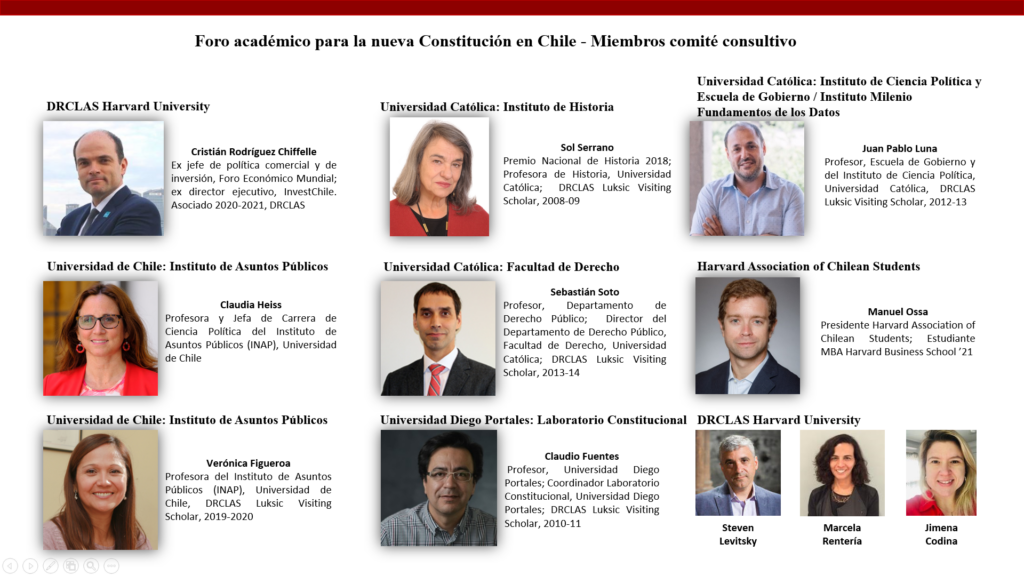Academics representing various universities from Arica to La Serena will participate in a 5-day seminar, organized by the University of Antofagasta, in collaboration with the Luksic Scholars Foundation.
With the return of in-person events, Babson College, a leading university in teaching entrepreneurship worldwide, will be conducting the fourth version of the “Symposium for Entrepreneurship Educators“ in Antofagasta.
Over 40 professors from various study centers in the north of the country are to participate. The program aims to elevate the art and the way of teaching entrepreneurship and is a unique learning opportunity for professors to broadly establish a strong spirit of entrepreneurship towards their students, managing to transform undergraduate and postgraduate teaching towards an entrepreneurial approach.
This year’s edition, which is focused on digital transformation, is organized by the University of Antofagasta via its Transfer and Licensing Office, in collaboration with the Luksic Scholars Foundation, and will take place at the Enjoy Casino in Antofagasta until Friday, May 27th.
DIGITAL TRANSFORMATION
Workshops, classes, and presentations are part of the usual activities of the seminar, and for the first time this year, there will be a visit to the Port of Antofagasta and the company Enaex Chile SA, both of which implement innovation and transformation projects in their functions.
Scholars will receive insight into the logic of business thought and action, and how it can be taught and applied to students. They will also learn about the entrepreneurial mindset, recognizing the key aspects of the process and the content of teaching in entrepreneurship, through the case study method and the growing importance of other methodologies based on experience and action.
For Dr. Luis Alberto Loyola, rector of the University of Antofagasta, this initiative “aligns with the guidelines of the university’s mission and its connections to other higher education institutions in the country. We are proud of this virtuous alliance, which via the Luksic Scholars Foundation, allows us to deliver tools of the highest level to teachers throughout the northern macrozone in such a priority area such as entrepreneurship.” He also highlights the hard work of the Transfer and Licensing office.
The Luksic Scholars Foundation is looking forward to resuming this symposium in person. Ben Thompson, Head of Programs, stated that “the entrepreneurial ecosystem in Chile is growing and evolving in leaps and bounds, and therefore, it is necessary for academics to be able to acquire new knowledge to pass on to their students, especially regarding digital transformation given that most areas are moving in this direction. We are happy to be able to contribute to this objective, promoting instances such as this symposium, in which participants can share experiences with leading academics from Babson College.”
Classes will be taught by Babson College academics, Andrew Corbett and Matthew Allen, experts in innovation and entrepreneurship, who have vast experience from previous versions of the “Symposium for Entrepreneurship Educators”, for the universities of the northern zone of Chile.
Matthew Allen, Associate Professor of Entrepreneurship at Babson College, highlighted that “the main objective is to help participating professors teach entrepreneurship in a more effective way. The idea is to take the base that they bring as university professors and entrepreneurs in some cases, and give them tools that complement their teaching theory and their practical experience by sharing the methodologies that we use at Babson.”
BABSON COLLEGE
Babson College is one of the leading entrepreneurship colleges in the United States. The institution’s goal is to develop a growing international number of educators of innovative entrepreneurship. The program has already reached 6,173 educators from more than 1,475 institutions around the world.
This symposium has been conducted in numerous countries and regions of the world, such as Argentina, China, Ecuador, Ireland, Malaysia, Puerto Rico, Russia, Scotland, Switzerland, Venezuela, and Costa Rica.

